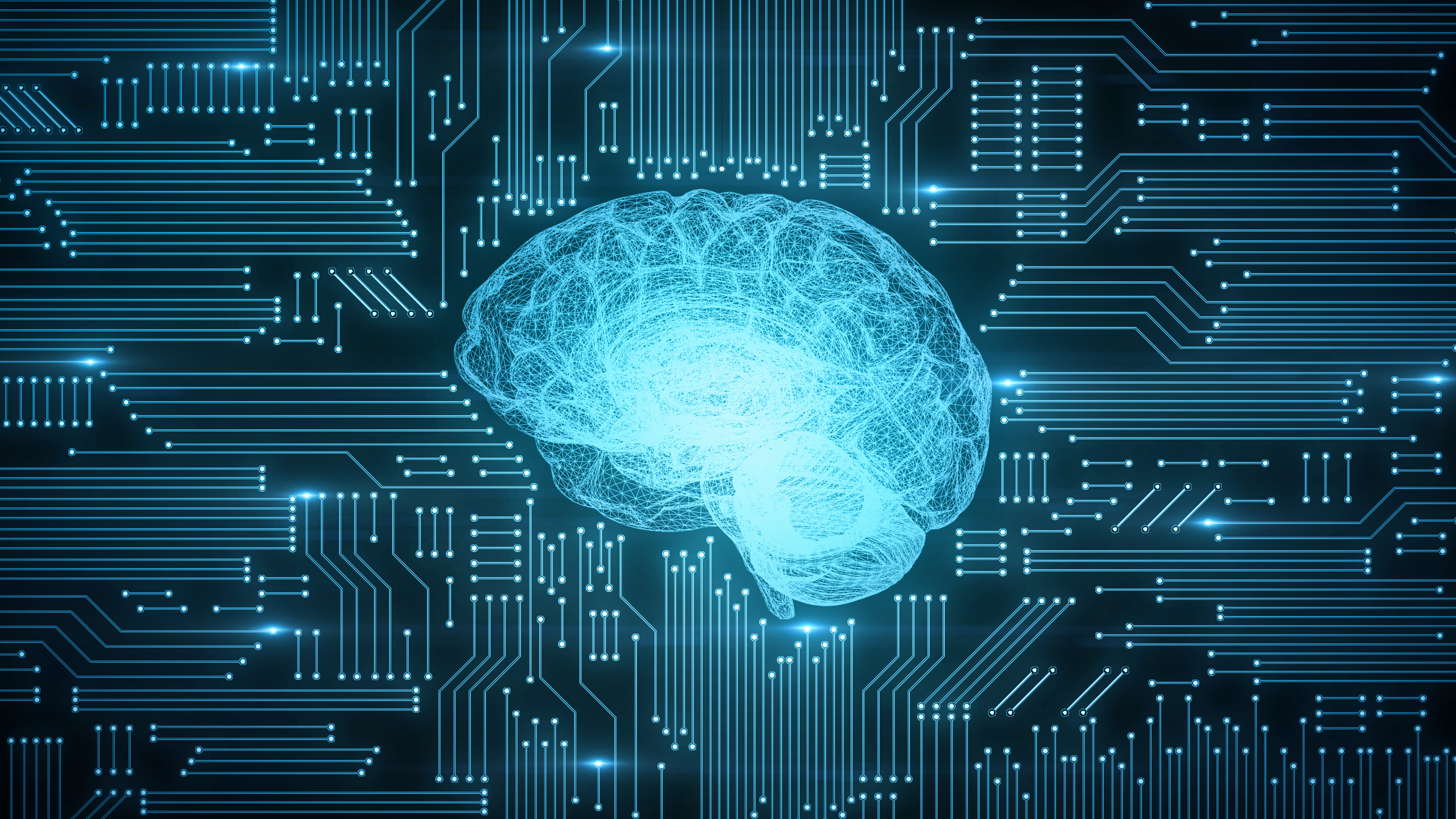
What happens when an AI researcher experiences the onset of a mental health issue?
If you’re tech entrepreneur David Plans – and, most likely, just about any other AI researcher grappling with a similar situation – you set about developing a AI-driven tool to help you manage and, in this case, anticipate the symptoms.
According to an article at Forbes, Plans passed out at the Brussels Airport in 2003, even flatlining while being rushed to the hospital, and after being “shocked back into life” and getting a lecture about stress, he dedicated himself to building “a system that would warn me if it were to ever happen again. I was convinced there had to be something wrong with me.”
In 2012, he founded London-based digital health company BioBeats, which “has developed a wearable device, an app and machine learning system to collect data and monitor users’ level of stress, before predicting when it could be the cause of a more serious or physical health condition.”
The challenge with mental health issues, Plans argues, is that so many people with mental health conditions don’t seek help.
“While there has been an increase in mental health awareness in the past few years, the approach remains widely reactive,” he notes. “However, preventative action can avert the onset of mental and physical illnesses, as well as manage existing conditions before they escalate into something more severe.”
His company’s goal, he says, is to put the individual in control, but with a focus on reaching them through their employers.
“We work with businesses who are committed to their workforce and who want to take a preventative approach to mental health and stress management. While the information we collect is completely private to each user, companies are able to learn through aggregated and anonymized data, to make better decisions around HR initiatives, employee wellbeing and culture.”
Via the BioBase wearable app, patients are able to metrics such as sleep, activity and heart rate variability (HRV),” says Plans. “When combined with in-app mood-tracking, deep breathing exercises and executive function tests BioBase provides a comprehensive overview of one’s mental and physical wellbeing.”
Moving forward, Plans aims to develop even more AI-based options for people impacted by mental health.
“The use of machine learning techniques currently allows building models of mental disorder that help individuals and organizations assess mental wellbeing,” he says. “In the near future, we’re going adapt these learning systems to actual AI, i.e. systems that will interact with the user directly as voiced mental health assistants in order to drive forward hyper-personalization of mental health prevention and digital therapeutics.”


